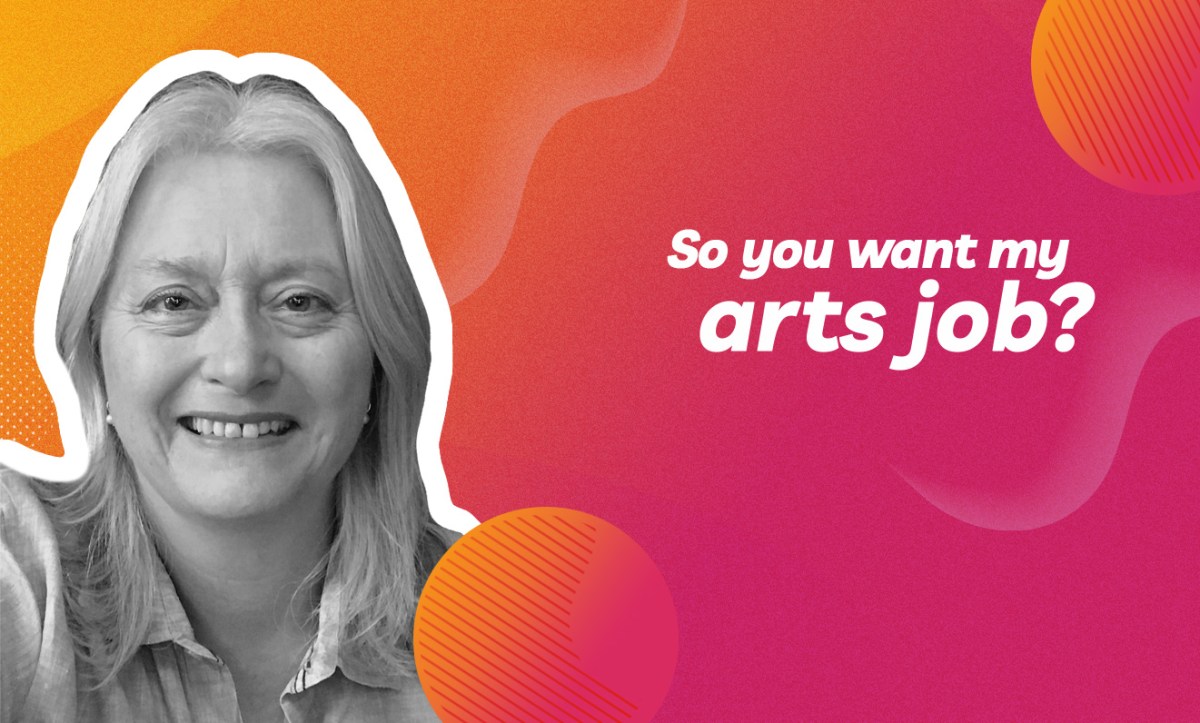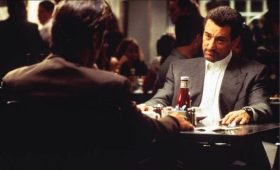Deborah Vanderwerp is currently obtaining payment and/or pleasure as an educator, counsellor, writer and exam supervisor while she completes her graduate counselling studies. She’s also been an actor, musician, storyteller, poet and a teacher in drama, theatre studies, music, violin, life skills and sex education. She presently works part-time as a scribe.
So how would you describe what you do?
In essence I write down what someone else has dictated to me. This can be ‘live’, as in I write while another dictates or I document a live situation like a meeting. Or it can mean writing up statements from a recorded source in medical and legal settings. The live scribing I’ve done is supporting someone who has challenges in writing themselves. This may be because they have anxiety and/or sensory issues,
distraction issues, motor dyspraxia, intellectual processing issues or speech challenges.
How did you get started as a scribe?
Scribing is not something I ‘do’ as such, it’s something I’ve been able to do as part of something else. I signed up to be an exam supervisor and, when I learned that there was a young person with additional needs requiring a scribe (the details of which aren’t necessarily my right to know), I put my hand up. But it can also mean scribing in a classroom for students who can’t write for themselves, which I’ve also done.
What’s the average day like in this job?
In my most recent experience, where I was scribing for a highly intelligent young person doing their year 12 exams, it required building a rapport that included a huge amount of trust from the person I was scribing for. The role involved so much more than just writing. It involved holding space for the person – in both their emotional and intellectual space – while they explained/dictated what they wanted scribed.
My capacity to understand their way of putting words together for subjects that I am not qualified to teach, and to accurately write what was dictated at the rate they were able to dictate, and retain those words long enough to write them all down, was paramount.
I was also needed to transcribe their dictation into grammatically accurate sentences as they dictated, not wasting time explaining when a sentence ended or capitals were needed. I, or they, were able to seek clarification by rereading what I had written if necessary and I could ask for spelling of specific or contextualised words from them as they went, if I was unsure of the word.
Scribing a two to three-hour exam is mentally thrilling and equally draining. There is something truly wonderful sharing in someone’s creative and intellectual process in such an intimate way. The level of concentration required on both our parts is intense, a real synergy of process. It reminded me of performing, being required to remember large swathes of dialogue while simultaneously reading the room of other actors in the space.
But it also is physically demanding. Ask any student sitting a three-hour exam – who doesn’t handwrite much anymore. I couldn’t recall the last time I had sat and handwritten solidly for three hours straight.
If you were interviewing someone about being a scribe, what skills and qualities would you look for?
The requirements for the job of scribing are pretty straightforward in one way. Most scribes type rather than handwrite text; handwriting is more commonly reserved for exam settings, so either excellent typing skills and document creation skills or good handwriting are required.
Working quickly and under pressure is also a requirement. When scribing for students, being a very calm presence with the capacity to work under pressure, to not be fazed by or react to ‘unusual’ behaviours while the person requiring their services does their upmost to communicate their words and ideas [is important].
The scribe would benefit from having a very broad general knowledge to draw from in the year 12 exam situation or highly specific knowledge of the vocabulary in, say, legal or medical settings.
What’s the most commonplace misconception about being a scribe?
I’m not sure what others really think about scribing, but I get the impression that some may think it’s pretty idealistic. It’s definitely rewarding as a part-time thing, but I think it would become pretty tedious to do it all day, every day.
Read: So you want my arts job: Studio Assistant
What’s the most interesting development in this field at the moment?
I think with diversity and inclusion becoming more of a focus in our working lives and in legislation, enabling inclusion for people with additional needs is seen as increasingly valuable and supported. This is a very cool development.
If you are wanting to scribe for students, seek out the diversity and inclusion officers in larger 9educational institutions to find out if work in those settings is available. For exam supervision, when applying for those roles, specify your ability and interest in scribing, or contact the organisation to see if those roles are required.





